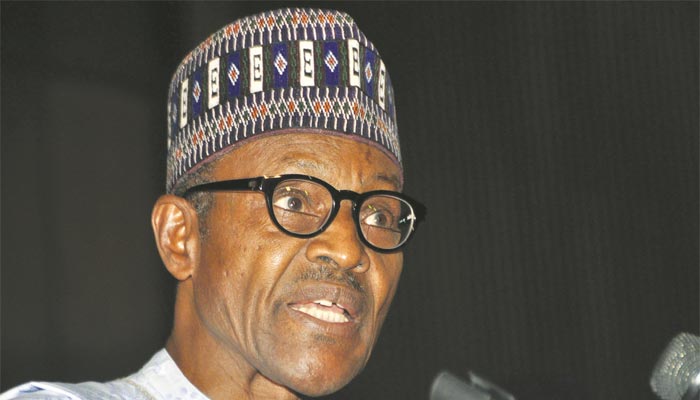Muhammadu Buhari has described himself as a "converted democrat".
AFP/Abuja
Muhammadu Buhari becomes Nigeria's new head of state on Friday in a ceremony mixing military pomp with cultural tradition after he won the first opposition victory over a sitting president in the nation's history.
In the country's first peaceful transfer of power, the 72-year-old takes charge as Nigeria faces crises on several fronts, from severe economic turmoil to Boko Haram's still-raging Islamist insurgency
The inauguration comes 32 years after the former army general seized power in a military coup. He was ousted after 20 months in office.
Abuja's Eagle Square came alive early with the sound of tribal music and dancing, as armed forces in ceremonial dress stood to attention and palm trees and international flags swayed in the breeze.
In the grandstands were African heads of state, including South Africa's Jacob Zuma and Rwanda's Paul Kagame, as well as foreign dignitaries such as US Secretary of State John Kerry.
Bola Tinubu, the founder and head of Buhari's All Progressives Congress (APC), described the inauguration as "a turning point in our national direction and the reclamation of our best destiny".
"We are well aware of the challenges pitted against our wellbeing. Insecurity, economic decline and corruption, we must fight and fight as if we are going to war not a carnival," he said.
Buhari has described himself as a "converted democrat" and vowed to lead an administration committed to the needs of Nigeria's 173mn people by cracking down on the scourge of corruption.
Democratic milestone
But analysts said his first task may be managing the expectations of Africa's most populous nation, which has struggled for decades with woeful infrastructure, crippling unemployment and widespread unrest.
But beyond the political challenges facing the new government, the historic importance of the ceremony should not be overlooked, said Clement Nwankwo, an activist who fought against military rule.
"The handover... represents a significant milestone in the democratic development of Nigeria," Nwankwo, who now heads the Policy and Legal Advocacy Center, said.
Civilian rule was restored in 1999 but the Peoples Democratic Party (PDP) has held power at the federal level for the last 16 years, at times appearing intent on staying on at any cost.
Buhari's win over outgoing president Goodluck Jonathan in March 28 polls and the subsequent inauguration of a long-time opposition leader were not expected, added Nwankwo.
Nigeria is Africa's top oil producer and leading economy, deriving more than 70% of government revenue from crude sales.
Plunging oil prices have caused a cash crunch that has left thousands of civil servants unpaid and pushed the naira currency to historic lows.
Buhari and his All Progressives Congress Party have pledged sweeping change, particularly in job creation, electricity supply and insecurity.
Victims of Boko Haram's brutal insurgency in the northeast have voiced hope that Buhari will do more than Jonathan in tackling the uprising.

